Researchers market Nivolumab under the brand name Opdivo as a cutting-edge immunotherapy medication delivered as an intravenous injection. Scientists develop it as a human monoclonal antibody that works by targeting the Programmed Death-1 (PD-1) receptor on immune cells. In many cancers, tumor cells exploit the PD-1 pathway to evade detection and destruction by the body’s immune system. Nivolumab effectively blocks this interaction, “releasing the brakes” on the immune response and enabling T-cells to recognize and attack cancer cells more effectively.
The FDA approves this innovative treatment for a broad spectrum of cancers, either as a standalone therapy or in combination with other anti-cancer drugs like ipilimumab or chemotherapy. Its indications include various stages of melanoma, non-small cell lung cancer (NSCLC), renal cell carcinoma, classical Hodgkin lymphoma, squamous cell carcinoma of the head and neck, urothelial carcinoma, esophageal squamous cell carcinoma, and certain types of gastric and gastroesophageal junction cancers, as well as hepatocellular carcinoma and colorectal cancer with specific genetic markers.
Healthcare providers administer Nivolumab injection as an infusion over 30 to 60 minutes, typically every 2 or 4 weeks, depending on the specific cancer and treatment regimen. While patients generally tolerate it well, it can cause immune-related adverse events by activating the immune system against healthy tissues. Patients may experience common side effects such as fatigue, rash, diarrhea, nausea, and musculoskeletal pain. More serious but less common side effects can affect the lungs (pneumonitis), liver (hepatitis), kidneys (nephritis), hormone glands, and other organs. Healthcare professionals must closely monitor patients to manage any potential side effects and ensure patient safety and optimal treatment outcomes.



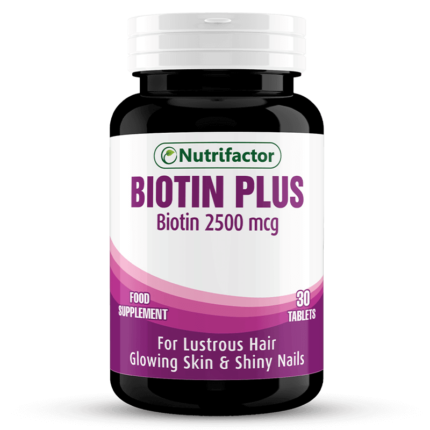

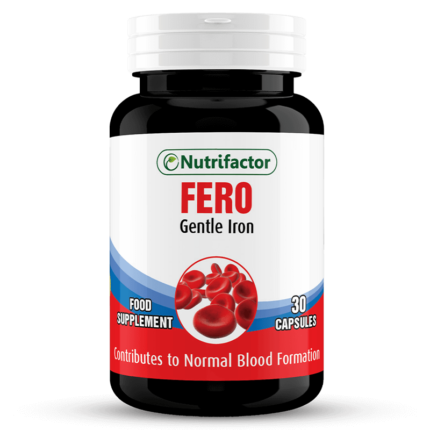
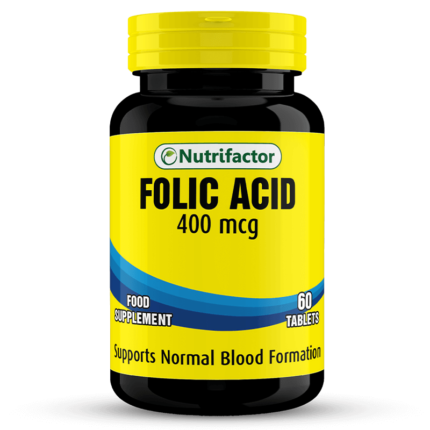
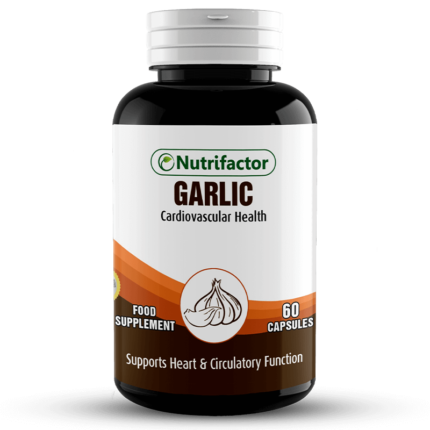
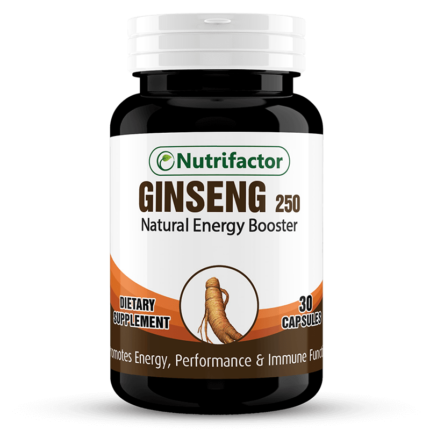
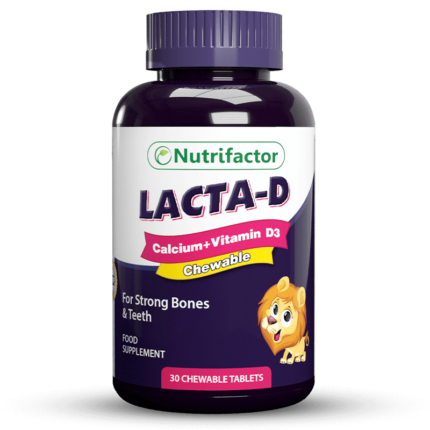





Reviews
Clear filtersThere are no reviews yet.